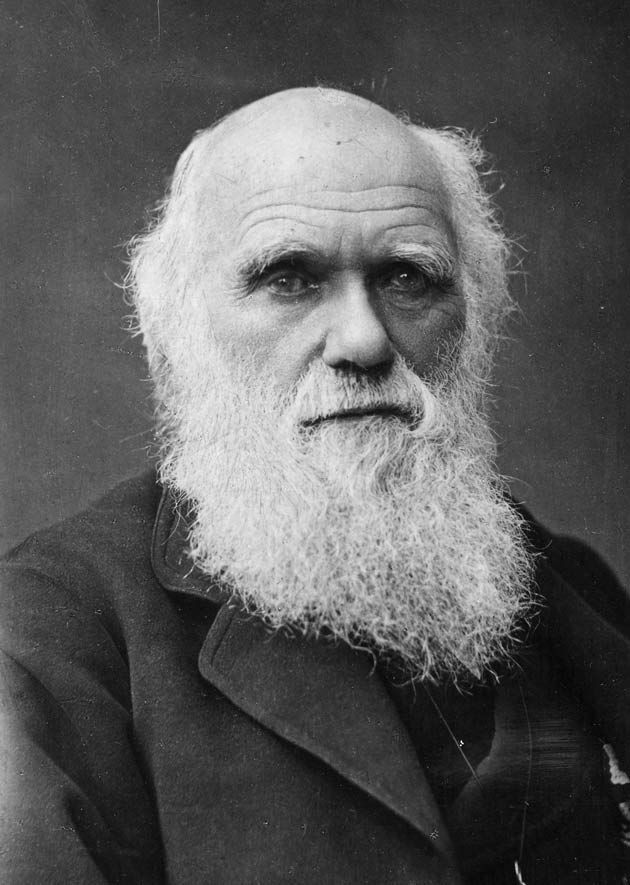Charles Darwin: Pioneering the Theory of Evolution and the Study of Natural Selection
Charles Darwin, a renowned English naturalist, changed the landscape of biological sciences with his revolutionary theory of evolution by natural selection. Born in 1809, Darwin's journey into the world of science began with his studies of species adaptation, genetics, and paleontology, which led to his development of a scientific framework that explains the diverse and dynamic life forms on Earth. His most famous work, On the Origin of Species, provided compelling evidence for the process by which species evolve over time, influenced by environmental changes and genetic variations.
Darwin’s research on the distribution of species, known as biogeography, allowed scientists to better understand how life on Earth is shaped by geographic and environmental factors. His insights into the mechanisms of natural selection helped explain how traits are passed down and modified across generations, contributing to the adaptation of organisms to their habitats. This scientific breakthrough not only transformed the fields of biology, genetics, and ecology but also laid the groundwork for further research into the mechanisms that drive speciation and evolutionary biology today.
By observing the Galápagos Islands' unique species and studying the fossil record, Darwin provided concrete evidence supporting the idea that species change over time rather than remaining fixed. His work challenged traditional views and became a cornerstone of modern scientific understanding. Today, Darwin's contributions to evolutionary theory are celebrated worldwide and continue to inspire scientific exploration in the fields of zoology, genetics, and environmental science. His legacy is evident in the ongoing study of how organisms adapt, evolve, and survive in an ever-changing world.
